I have a large .txt file that is a result of a C-file being parsed containing various blocks of data, but about 90% of them are useless to me. I'm trying to get rid of them and then save the result to another file, but have hard time doing so. At first I tried to delete all useless information in unparsed file, but then it won't parse. My .txt file is built like this:
//Update: Files I'm trying to work on comes from pycparser module, that I found on a GitHub.
File before being parsed looks like this:
And after using pycparser
file_to_parse = pycparser.parse_file(current_directory + r"\D_Out_Clean\file.d_prec")
I want to delete all blocks that starts with word Typedef. This module stores this in an one big list that I can access via it's attribute.

Currently my code looks like this:
len_of_ext_list = len(file_to_parse.ext)
i = 0
while i < len_of_ext_list:
if 'TypeDecl' not in file_to_parse.ext[i]:
print("NOT A TYPEDECL")
print(file_to_parse.ext[i], type(file_to_parse.ext[i]))
parsed_file_2 = open(current_directory + r"\Zadanie\D_Out_Clean_Parsed\clean_file.d_prec", "w+")
parsed_file_2.write("%s%s\n" %("", file_to_parse.ext[i]))
parsed_file_2.close
#file_to_parse_2 = file_to_parse.ext[i]
i+=1
But above code only saves one last FuncDef from a unparsed file, and I don't know how to change it. So, now I'm trying to get rid of all typedefs in parsed file as they don't have any valuable information for me. I want to now what functions definitions and declarations are in file, and what type of global variables are stored in parsed file. Hope this is more clear now.

